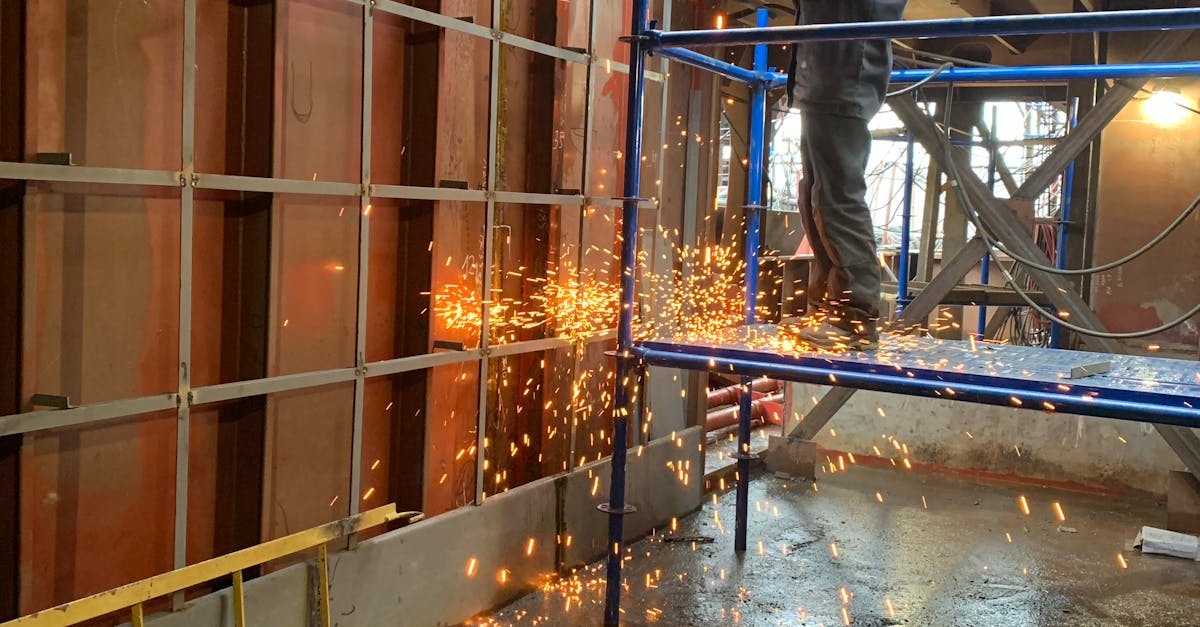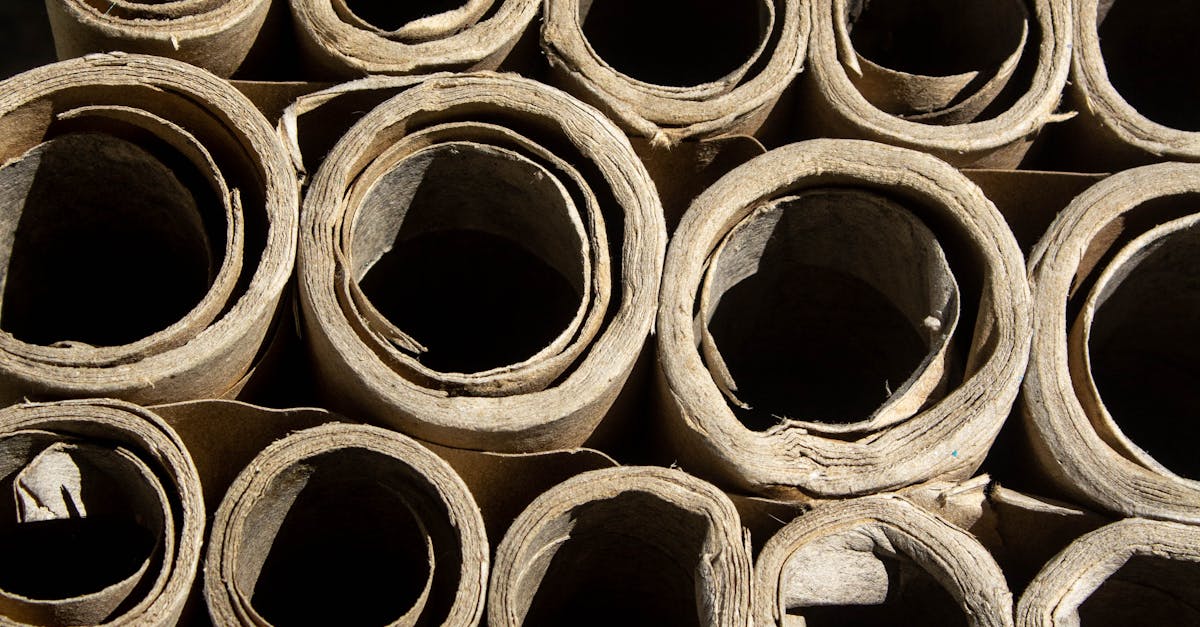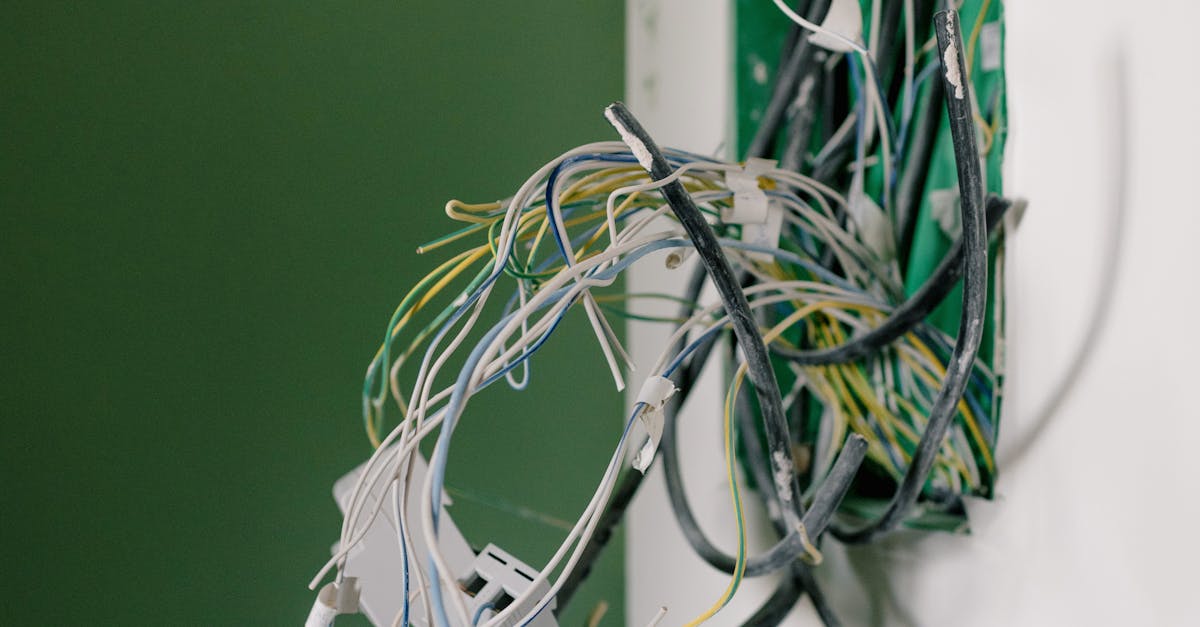
Table Of Contents
Can I convert my existing appliances to run on natural gas?
Converting existing appliances to run on natural gas is a viable option for many homeowners looking to make the switch to this energy source. Gas line installation and repair are crucial aspects to consider when converting appliances. It is essential to consult with a qualified gas technician to ensure that the conversion is done safely and effectively. These professionals have the expertise to handle the installation process and can provide guidance on the compatibility of your appliances with natural gas.
Before converting your appliances, it is important to consider factors such as the age and condition of the appliances, as well as any warranty implications that may arise from the conversion. Additionally, ensuring that the gas line installation and repair comply with all relevant regulations and building codes is essential to guarantee the safety of your home. By working with a qualified gas technician, you can ensure that the conversion process is carried out efficiently and in accordance with industry standards.
Consultation with a qualified gas technician for appliance conversion
It is crucial to consult with a qualified gas technician when considering converting your existing appliances to run on natural gas. Gas appliances require specific considerations and adjustments to ensure they operate safely and efficiently. A qualified professional will assess the compatibility of your appliances with a natural gas supply, handle the necessary installation or conversion processes, and conduct thorough safety checks to prevent any potential hazards. Gas line installation and repair should always be carried out by experienced technicians to guarantee the proper functioning and longevity of your gas appliances.
Engaging a qualified gas technician for appliance conversion not only ensures the safety of your household but also helps you maximise the benefits of using natural gas in your home. These professionals possess the expertise to tailor the conversion process to suit your specific needs and requirements. Additionally, they can provide valuable insights on maintenance practices and safety protocols to uphold the optimal performance of your gas appliances over time. By entrusting the conversion of your appliances to a certified technician, you can enjoy the convenience and efficiency of natural gas while maintaining peace of mind regarding the safety of your home.
Are there any government regulations to consider when adding a natural gas line?
When considering adding a natural gas line to your house, it is essential to be aware of the government regulations governing this process. Gas line installation and repair are subject to specific laws and building codes to ensure the safety of occupants and the community. Compliance with these regulations is crucial to prevent potential hazards and maintain the integrity of the natural gas system.
These regulations not only apply to the installation phase but also extend to ongoing maintenance and repair of the gas line. Consulting with qualified professionals who are knowledgeable about local building codes and regulations is advisable to ensure that the natural gas line is installed and maintained correctly. By adhering to these government regulations, homeowners can enjoy the benefits of natural gas in their homes safely and efficiently.
Compliance with building codes and regulations
Compliance with building codes and regulations is crucial when considering the addition of a natural gas line to your property in Australia. Gas line installation and repair must adhere to specific requirements outlined by local authorities to ensure safety and structural integrity. It is essential to consult with a qualified gas technician who is knowledgeable about the regulations in your area to guarantee that the installation process meets all necessary standards.
Failure to comply with building codes and regulations related to gas line installations can result in safety hazards and legal consequences. To avoid potential risks, it is advisable to obtain the relevant permits and approvals before commencing any work on adding a natural gas line to your house. By following the guidelines set forth by regulatory bodies, you can ensure that the installation is carried out correctly and in accordance with the established safety protocols for Gas line installation and repair.
What is the environmental impact of using natural gas in your home?
When considering the environmental impact of using natural gas in your home, it's essential to weigh the advantages and disadvantages. Natural gas is a cleaner-burning fossil fuel compared to coal and oil. It produces lower carbon emissions when burned, contributing to reduced greenhouse gas emissions. However, natural gas is primarily made up of methane, which is a potent greenhouse gas itself, and leakages in the gas line installation and repair process can offset its environmental benefits.
In terms of environmental impact, converting your home to use natural gas can have both positive and negative implications. While natural gas is more efficient and emits fewer pollutants during combustion compared to other fossil fuels, its extraction and transportation processes can lead to methane leaks, which are significant contributors to global warming. It's crucial to consider the full lifecycle of natural gas, including its production, distribution, and combustion, when evaluating its environmental impact on a household level.
Comparing natural gas to other energy sources in terms of environmental impact
When it comes to comparing natural gas to other energy sources in terms of environmental impact, natural gas has some advantages and disadvantages. Natural gas is considered a cleaner-burning fossil fuel compared to coal or oil. It produces fewer greenhouse gas emissions when burned, which can help reduce overall carbon emissions. However, natural gas is still a non-renewable resource and its extraction and transportation can result in methane leaks, a potent greenhouse gas. Despite being cleaner than some other fossil fuels, natural gas still contributes to air pollution and climate change, albeit to a lesser extent.
Gas line installation and repair should also take into account the environmental impact of the overall energy source. When compared to renewable energy sources like solar or wind power, natural gas falls short in terms of environmental sustainability. Renewable energy sources are cleaner, produce no greenhouse gas emissions during operation, and have a lower overall impact on the environment. Investing in renewable energy technologies not only reduces greenhouse gas emissions but also helps in moving towards a more sustainable energy future.
FAQS
Can I add a natural gas line to my house?
Yes, you can add a natural gas line to your house, but it is recommended to consult with a qualified gas technician for proper installation and safety precautions.
Can I convert my existing appliances to run on natural gas?
It is possible to convert your existing appliances to run on natural gas, but it is essential to seek advice from a qualified gas technician to ensure the conversion is done correctly and safely.
Are there any government regulations to consider when adding a natural gas line?
Yes, there are government regulations to consider when adding a natural gas line to your house. It is crucial to comply with building codes and regulations to ensure the safety and legality of the installation.
What is the environmental impact of using natural gas in your home?
Using natural gas in your home has environmental impacts, but it is considered a relatively cleaner energy source compared to other fossil fuels. It is essential to compare natural gas to other energy sources in terms of environmental impact to make an informed decision.
How can I ensure the safety of adding a natural gas line to my house?
To ensure the safety of adding a natural gas line to your house, it is recommended to hire a qualified gas technician for the installation. Additionally, regular maintenance and inspections of the gas line and appliances are essential to prevent any potential hazards.


